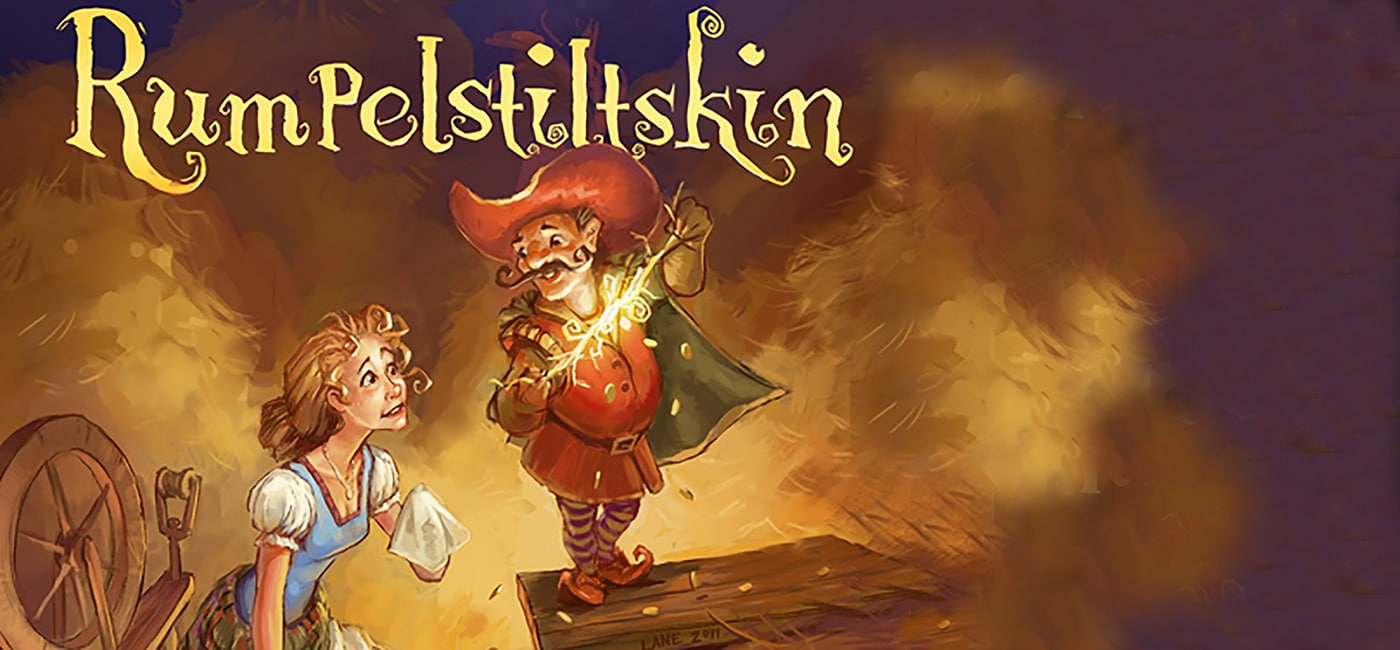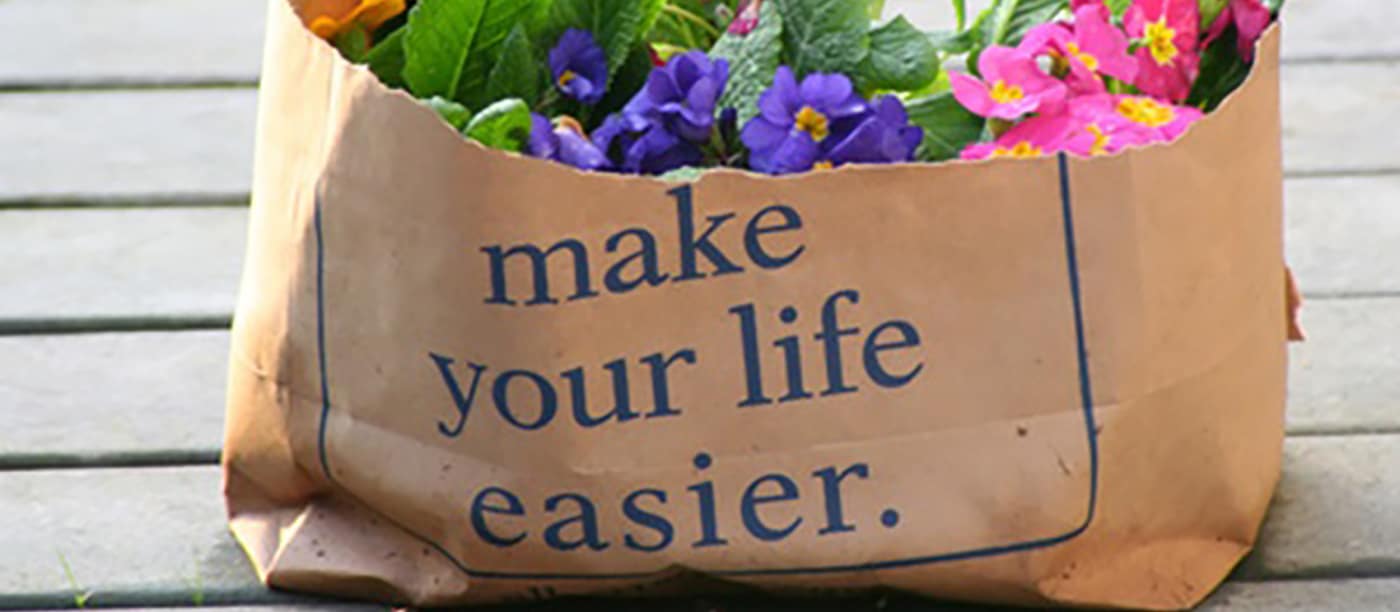Podcast: Play in new window | Download
Subscribe: Apple Podcasts | Google Podcasts | Spotify | Email | RSS | More
The name depression implies personal weakness.
And people would rather be sick in secret than be perceived as weak in public.
Cure "Depression" by Changing its Name
I have an idea. A theory.
I think that one reason Depression (and resulting suicide) is a rampant problem in society is because we are calling it by the wrong name.
And I propose that we will never successfully eradicate this disease UNTIL we identify and address it by its accurate name.
My thesis for today’s podcast is three-fold.
First: That using the word “Depression” to name a disease is a misnomer.
Second: That calling “Depression” by the wrong name leads to incorrect or insufficient treatment to cure the disease.
Third: I propose that the simple solution of changing the NAME of the diagnosis from “depression” to a term that more accurately fits the physical causes of the disease will result in a decrease of resulting suicide, length of time suffered, and an increase of pro-active treatment.
Why "Depression" is the Wrong NAME for the Disease
Depression is an inaccurate name because:
- Depression is the name of an emotion, not the name of an illness. And not everyone who feels the emotion of depression has the disease the word is attached to.
- Depression is only one of many possible symptoms of the illness.
- Not everyone who has this disease will have the one symptom it is named for.
- Depression can be a Symptom of Many Different Illnesses
Depression is an Emotion, Not a Disease
Have you ever been depressed? Yes! Depression is a human emotion. Feeling depression doesn’t mean you have the disease that society currently calls “Depression.” Why do we have an illness named for an emotion? The name “Depression”
Depression is a Possible Symptom, Not the Cause
The term depression doesn’t go far enough. It stops at a symptom and doesn’t continue to address the root of the issue. Depression is an emotion, not a disease. Depression is a possible SYMPTOM of the illness, but it is not the illness. It’s like saying “Jody has low energy” and stopping there. When, if fact, Jody has anemia. Low energy is a symptom, not the cause. Low iron levels in the blood in the cause. The name “Depression” puts all the focus on a symptom rather than focussing on treating the cause.
I have had doctors explain to me the physical causes for “depression” such as low levels of brain neurotransmitters or malfunction in chemical absorption by the neuron synapses. So there is a physical cause. There is a malfunction in the body, in the brain specifically, yet we continue to call the disease after an emotion rather than for the physical cause. Diabetes is caused by the body not making enough insulin, but we don’t call the disease Shakiness or Exhaustion, we call is Diabetes.
The fact that depression is only one of many possible symptoms of this disease increases the confusion caused by this misnomer. Other symptoms can be insomnia, significant weight loss or weight gain, loss of appetite, muscle pain, moving slowly, difficulty concentrating. Furthermore, it is possible for a person to have this “disease currently known as depression” without experiencing the symptom of depression. I did not treat my illness currently known as Postpartum Depression because I didn’t feel depressed. I didn’t feel well. I was exhausted but couldn’t sleep. I ached everywhere and my body felt heavy as if I were made of concrete. I moved slowly. I lost a lot of weight, not in a good way. My head was always foggy. But I didn’t feel “depressed.” And failing to treat the physical causes of my disease caused my overall health to get worse until I also had auto-immune disease and chronic illness.
The inaccurate label “depression” hindered me from getting correct treatment.
Depression Is a Symptom of Many Illnesses
Another reason that the term “Depression” is a misnomer is that it’s too broad. The feeling of depression can be a symptom for multiple diseases, like head injuries, cancer, or MS. Also we can experience depression without having a physical disease. We can experience depression while grieving a loved-one’s death or after losing a job or because it’s winter and there’s not enough sunlight. Depression is a common and variegated emotion. I can feel depressed in the morning and be happy by afternoon. So to call a real brain illness after such a kaleidoscopic EMOTION, seriously interferes with treating the disease.
Calling it Depression Causes Misdiagnoses and Treatment
The name Depression deters people from seeking treatment and taking steps to heal the disease.
The word “depression” connotes a character flaw. The term “depression” does not separate the person from the illness. Why? Because we identify with our emotions. Our emotional state is linked with our personality. We describe people by their emotions: He’s a jolly person, a happy person, an energetic person, she’s a sluggish person. She’s always “down.” We even have a nickname for this personality type: “Debbie Downer” Calling a disease after an emotional state creates a false perception that a person diagnosed with depression has a bad personality. This is viewed more as a personal weakness than a physical issue.
The equivalent assignation for a person who’s had a stroke would be to say, “He’s a mumbler, you can’t understand when he talks. Mumbling is associated more as a character trait. But we don’t say that. We say, “He had a stroke and it’s affecting his ability to speak.”
In most cases we are good at separating the results of an illness from the character of the person. But not with depression. And the social impact is that many people who have “the illness currently known as depression” don’t say anything, don’t seek treatment because the name Depression insinuates personal weakness. And they would rather be sick in secret than to be perceived as weak in public.
Change its Name
Rumpelstilskin had power to take the Queen’s baby unless she could call him by his true name. Calling a physical disease after one possible emotional symptom is like calling Rumpelstiltskin by the wrong name and then crying as he steals our baby.
I propose we begin by discontinuing the term “Mental Illness” and instead calling it “Brain disease” or “Brain Illness.” The brain is an organ just like the kidneys, lungs, and heart. When the lungs are sick, you can’t breathe well. When the brain is sick, you can’t think right. Thoughts and emotions are processed in the brain through electrical-chemical reactions. If the electric wires malfunction, the thoughts go dark, just like when power lines go down. If the chemical recipes aren’t right, the emotions come out bad, just like using salt instead of sugar when baking cookies. It’s science, not emotion.
So let’s call it by what it is. Let’s name it for the cause, not after one of the numerous possible symptoms. I don’t have authority or the training to come up with the best name, but I propose it be scientific, sound official, and be related to the root cause of the ailment rather than a resulting emotional symptom.
For example, the term diabetes is shortened from Diabetes Mellitus which comes from the Greek word diabetes which means to siphon – to pass through and the Latin word mellitus meaning honeyed or sweet. This is because in diabetes excess sugar is found in blood as well as the urine. Excess sugar is siphoned through or passes through the blood. This name helps us to focus on treating the cause of the illness rather than concentrating on the idea that in the United States we currently have over 100 million people who can digest their food properly.
Recently my son was experiencing lack of focus, bouts of anger or depression, head fogginess, and headaches. I dreaded hearing the diagnosis “Depression.”Rather he was diagnosed with Postconcussive Syndrome. That name empowered us. We know to let his brain rest, to cut back on learning new things like memorizing his violin music. He told his school teachers who were understanding and willing to accommodate if he needed extra time for assignments. It was much easier to tell his teachers that he had a concussion than that he had depression.
Currently, this same care and attention isn’t happening with the disease known as depression. The word Depression holds a lot of judgment and misperception. The stigma surrounding depression interferes with accurate diagnosis and treatment.
To reNAME this disease will empower us to perceive & understand in a different, more enlightened way. It will help us move out of the space of impatience. The attitude of “Snap out of it” and “This needs to be fixed NOW!” and into the place of giving people time and support to heal.






